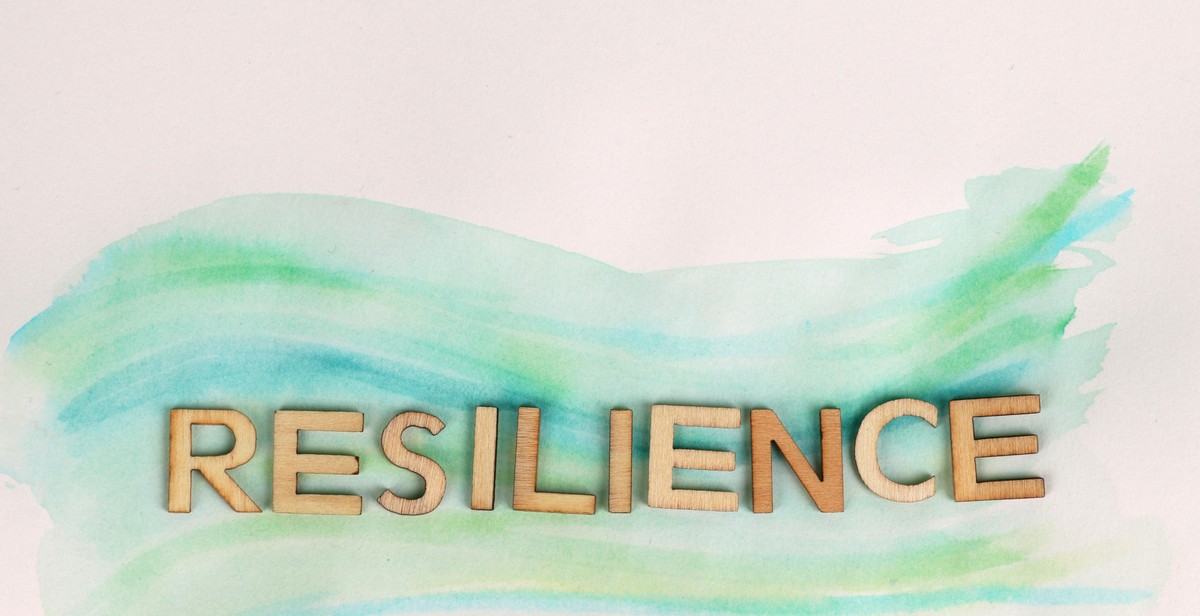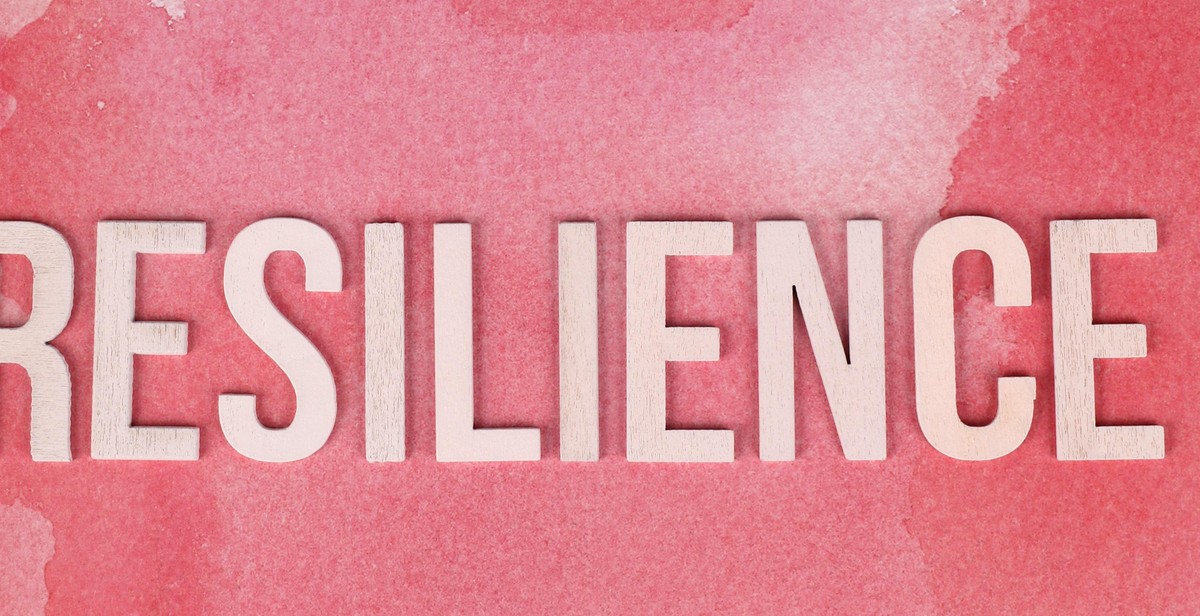Cultivating Resilience: Psychological Tips for Bouncing Back
Life is full of challenges, and it’s not uncommon to face setbacks and obstacles that can leave us feeling defeated. However, cultivating resilience can help us bounce back from adversity and emerge stronger than ever before. Resilience is the ability to adapt to difficult situations, cope with stress, and overcome adversity.
In this article, I will share some psychological tips for cultivating resilience. These tips are based on my personal experience and years of research in the field of psychology. Whether you’re dealing with a difficult situation at work, a relationship breakdown, or a health issue, these tips can help you build resilience and overcome adversity.
What is Resilience?
Resilience is not a fixed trait that some people have and others don’t. It’s a skill that can be developed and strengthened over time. Resilient individuals are those who are able to adapt to change, cope with stress, and bounce back from adversity.
Resilience is important because it helps us to:
- Manage stress
- Overcome challenges
- Build stronger relationships
- Improve our mental and physical health
Read on to discover some of the key psychological tips for cultivating resilience.

The Definition of Resilience
Resilience is the ability to adapt and bounce back from adversity, trauma, or stress. It is the capacity to withstand and recover from difficult situations, setbacks, and challenges. Resilience is not a fixed trait but a dynamic process that can be developed and strengthened over time.
Resilience is not just about surviving but thriving in the face of adversity. It involves developing coping skills, positive thinking, and self-efficacy to overcome obstacles and achieve one’s goals. Resilience is not a one-size-fits-all approach but a personalized strategy that varies from person to person.
The Characteristics of Resilient People
Resilient people possess certain characteristics that enable them to cope with stress and adversity. These include:
- Positive self-talk: Resilient people have a positive and optimistic outlook on life. They focus on their strengths and abilities rather than their weaknesses and limitations.
- Flexibility: Resilient people are adaptable and able to adjust to changing circumstances. They can find alternative solutions and approaches to problems.
- Emotional regulation: Resilient people can manage their emotions effectively. They do not let their feelings overwhelm them but instead use them as a source of motivation and inspiration.
- Social support: Resilient people have a strong network of social support. They can rely on others for help, guidance, and encouragement.
- Problem-solving skills: Resilient people are good at identifying problems and finding solutions. They do not give up easily but persevere until they find a way forward.
The Benefits of Resilience
Developing resilience has many benefits, including:
- Improved mental health and well-being
- Reduced stress and anxiety
- Increased self-confidence and self-esteem
- Better coping skills
- Enhanced problem-solving abilities
- Stronger relationships and social support
- Greater sense of purpose and meaning
Resilience is a valuable trait that can help individuals overcome adversity and achieve their goals. By cultivating resilience through various psychological tips and strategies, anyone can develop the ability to bounce back from setbacks and thrive in life.

Factors that Affect Resilience
Resilience is a psychological construct that refers to the ability to bounce back from adversity and cope with stressors in a positive and effective manner. While some people seem to be naturally more resilient than others, research suggests that resilience is not solely determined by genetic factors, but rather a combination of nature and nurture.
Nature vs. Nurture
Studies have shown that genetics play a role in resilience, with certain genes being associated with greater resilience in the face of adversity. However, it is important to note that genetics are not the sole determinant of resilience. Environmental factors, such as childhood experiences, can also shape a person’s resilience.
The Role of Environment
Research has shown that individuals who have experienced adverse childhood experiences, such as abuse or neglect, may be less resilient to stress later in life. On the other hand, positive childhood experiences, such as having a supportive family, can promote resilience and help individuals cope with stressors more effectively.
Other environmental factors, such as poverty and community violence, can also impact resilience. Individuals who are exposed to chronic stressors may experience “toxic stress,” which can have long-term effects on their physical and mental health. However, research has also shown that individuals who have experienced adversity can develop resilience through positive coping strategies and social support.
The Importance of Social Support
Social support is a crucial factor in promoting resilience. Having a supportive network of friends and family can help individuals cope with stressors and bounce back from adversity. Studies have shown that social support can buffer the negative effects of stress and promote positive coping strategies.
Additionally, seeking professional help, such as therapy or counseling, can also promote resilience. Mental health professionals can provide individuals with tools and strategies to cope with stressors and develop resilience.
| Factors that Affect Resilience | Description |
| Nature vs. Nurture | Resilience is determined by a combination of genetic and environmental factors. |
| The Role of Environment | Adverse childhood experiences can negatively impact resilience, while positive experiences can promote resilience. |
| The Importance of Social Support | Having a supportive network of friends and family, as well as seeking professional help, can promote resilience. |

Psychological Tips for Building Resilience
Resilience is the ability to bounce back from adversity. It is a crucial skill that enables us to cope with life’s challenges and setbacks. Here are some psychological tips for building resilience:
Developing a Positive Mindset
Developing a positive mindset is crucial for building resilience. It involves focusing on the positive aspects of life, even in the face of adversity. One way to develop a positive mindset is to practice gratitude. Take time each day to reflect on the things you are grateful for, and focus on the positive aspects of your life. This can help shift your focus away from negative thoughts and emotions.
Practicing Self-Care
Practicing self-care is essential for building resilience. It involves taking care of your physical, emotional, and mental health. Make sure to get enough sleep, eat a healthy diet, and exercise regularly. Take time for yourself to do things that you enjoy, such as reading a book, taking a walk, or spending time with loved ones. This can help you recharge and refocus, making it easier to bounce back from adversity.
Strengthening Problem-Solving Skills
Strengthening problem-solving skills is key to building resilience. It involves developing the ability to identify and solve problems effectively. One way to do this is to break down problems into smaller, manageable steps. This can help make them feel less overwhelming and easier to tackle. It is also important to seek out support and advice from others when needed.
Learning from Failure
Learning from failure is an essential part of building resilience. It involves recognizing that failure is a natural part of the learning process and using it as an opportunity to grow and improve. When faced with failure, take time to reflect on what went wrong and what you can do differently next time. This can help you develop a growth mindset and become more resilient in the face of future challenges.
Cultivating Gratitude and Forgiveness
Cultivating gratitude and forgiveness is another important part of building resilience. It involves focusing on the positive aspects of life and letting go of negative emotions such as anger and resentment. Practicing forgiveness can be difficult, but it can also be incredibly freeing. It involves letting go of grudges and resentments and moving forward with a positive attitude. Cultivating gratitude and forgiveness can help you build resilience by fostering a more positive outlook on life.
- Develop a positive mindset by practicing gratitude
- Practice self-care by taking care of your physical, emotional, and mental health
- Strengthen problem-solving skills by breaking down problems into manageable steps
- Learn from failure by reflecting on what went wrong and what you can do differently next time
- Cultivate gratitude and forgiveness by focusing on the positive aspects of life and letting go of negative emotions

Conclusion
Resilience is not something that comes naturally to everyone, but it is something that can be cultivated through intentional effort and practice. By implementing the psychological tips discussed in this article, individuals can learn to bounce back from adversity and navigate life’s challenges with greater ease.
Remember to:
- Develop a growth mindset
- Build strong relationships
- Cultivate self-compassion
- Practice mindfulness
- Set realistic goals
- Stay optimistic
By incorporating these practices into your daily life, you can become more resilient and better equipped to handle life’s ups and downs. Remember, resilience is not about never experiencing adversity, but about being able to bounce back and thrive despite it.
